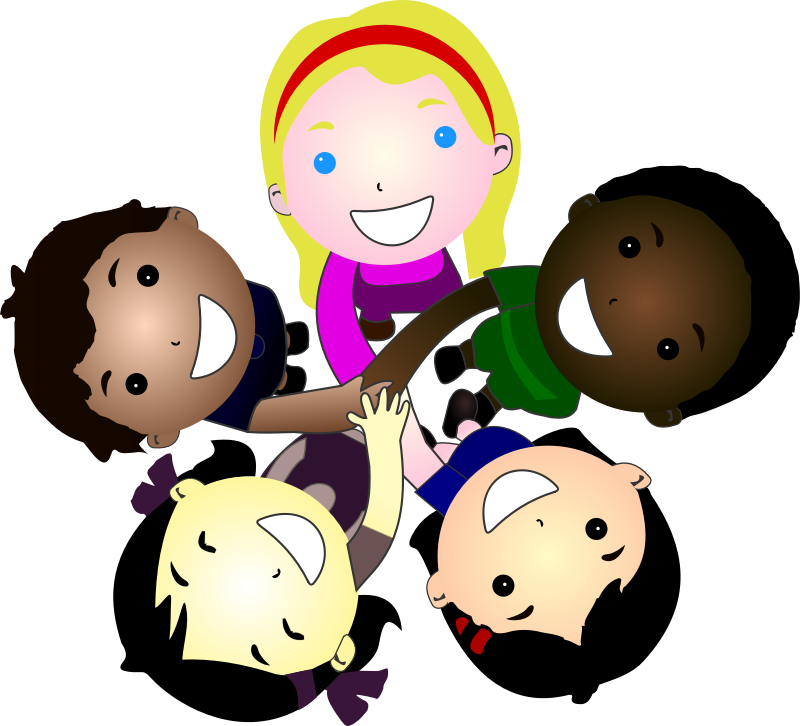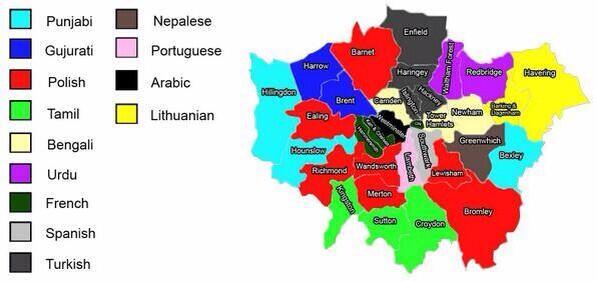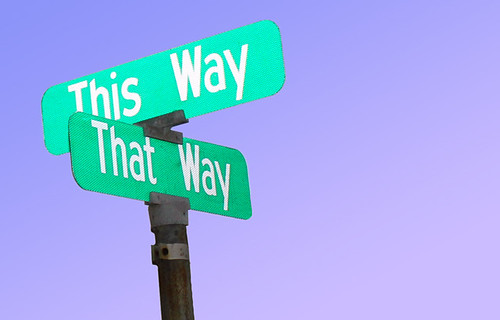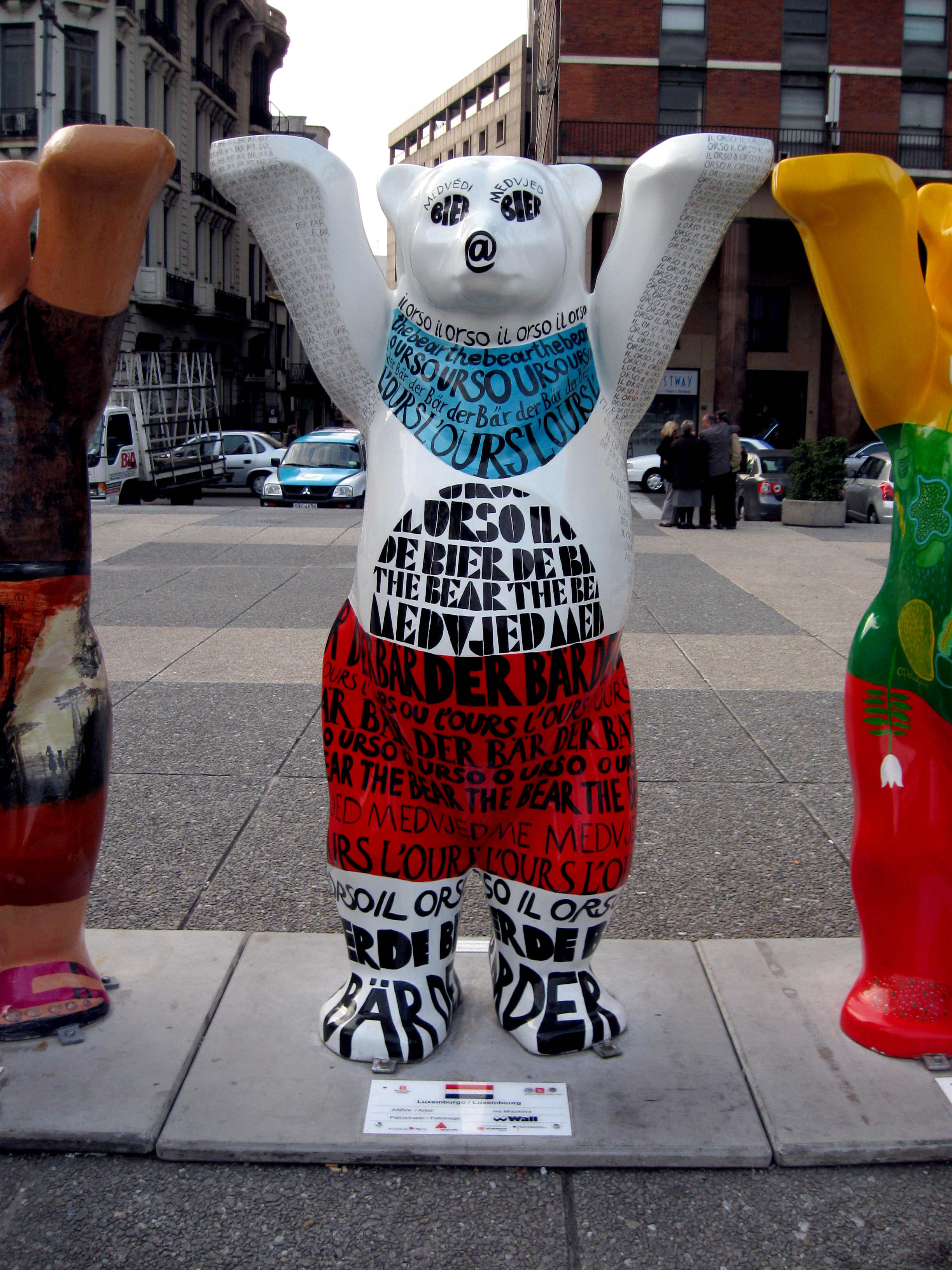 Several political opinions I read this week made me think about this post, but one politician’s statement led me to a decision: I’m posting this today. This is a voice in a discussion around two questions: is it better to live in multilingual or monolingual countries? And – how to find out whether your country will encourage your language learning? Read on to find out more.
Several political opinions I read this week made me think about this post, but one politician’s statement led me to a decision: I’m posting this today. This is a voice in a discussion around two questions: is it better to live in multilingual or monolingual countries? And – how to find out whether your country will encourage your language learning? Read on to find out more.
1. The benefits of multilingual countries
This is not a new topic on this blog. In the past, I wrote about the little miracles (such as Luxembourg) and big language influences (such as Portuguese). My opinion is simple: multilingual beats monolingual anytime. This is partly because I grew up in a largely monolingual, monocultural country – and enjoyed it, but there was always a lot of opportunity missing for me. Partly, as well, it’s because as a language learner I also got to cope with curiosity, unpredictability and shock – so now I’m “immune” and can react more positively to every new culture and language I discover.
I’m not alone in thinking that: recently New York Times wrote a piece on bilingual nationhood. The pattern for US to follow, apparently, is Canada – where multilingualism is encouraged.
2. The dangers of multilingual countries
This was possibly the only thing Mr Nigel Farage got right in his recent statement: he insisted that doctors in the UK should speak good English. This is crucial, since there are some basic services (health, security, official business) where an agreed set of languages helps.
Everything else about Farage’s thinking just got my blood boiling – starting from the fact that he blatantly ignored Welsh as another officialy recognized language in the country he claims to represent, and finishing with his assumption that we would all “want to live in a country where we speak the same language.”
It’s true that multilingual countries can be perceived as more chaotic, unpredictable, less organised. But to insist that this is a recurrent, present and actual danger is a gross overstatement. There must be a certain set of basic procedures which will be followed in a certain language (just like the official language of air traffic is English) – but anything else is not dangerous at all.
3. How multilingual is your country?
The list is meant to be expanded by you, dear readers. Feel free to add to it and treat it as an exercise in lifestyle research. If you don’t like what you find about your country – what can you do about it?
- How many official languages are there?
- How many officially recognized languages, or varieties, are there?
- Is there a history of other languages being spoken by previous inhabitants? (I’m looking at you, US)
- How many cultural centres are there within 50 miles from you?
- Is language education compulsory in schools? How many languages can you / your child learn?
- How many main immigrant languages can you name? How many of them have you heard last week?
- How many words of another language can you use in your day-to-day life?
- How many language schools are there in your town?
Wiktor (Vic) Kostrzewski (MA, DELTA) is an author, translator, editor and project manage based in London. When he works, he thinks about languages, education, books, EdTech and teachers. When he doesn’t work, he probably trains for his next triathlon or drinks his next coffee.
BRAVE Learning (formerly known as 16 Kinds) is a lifelong learning and productivity blog. If you enjoy these posts, please check out one of my books and courses.
My recent publications, and my archive, is now all available on my new project: PUNK LEARNING. Hope to see you there!






